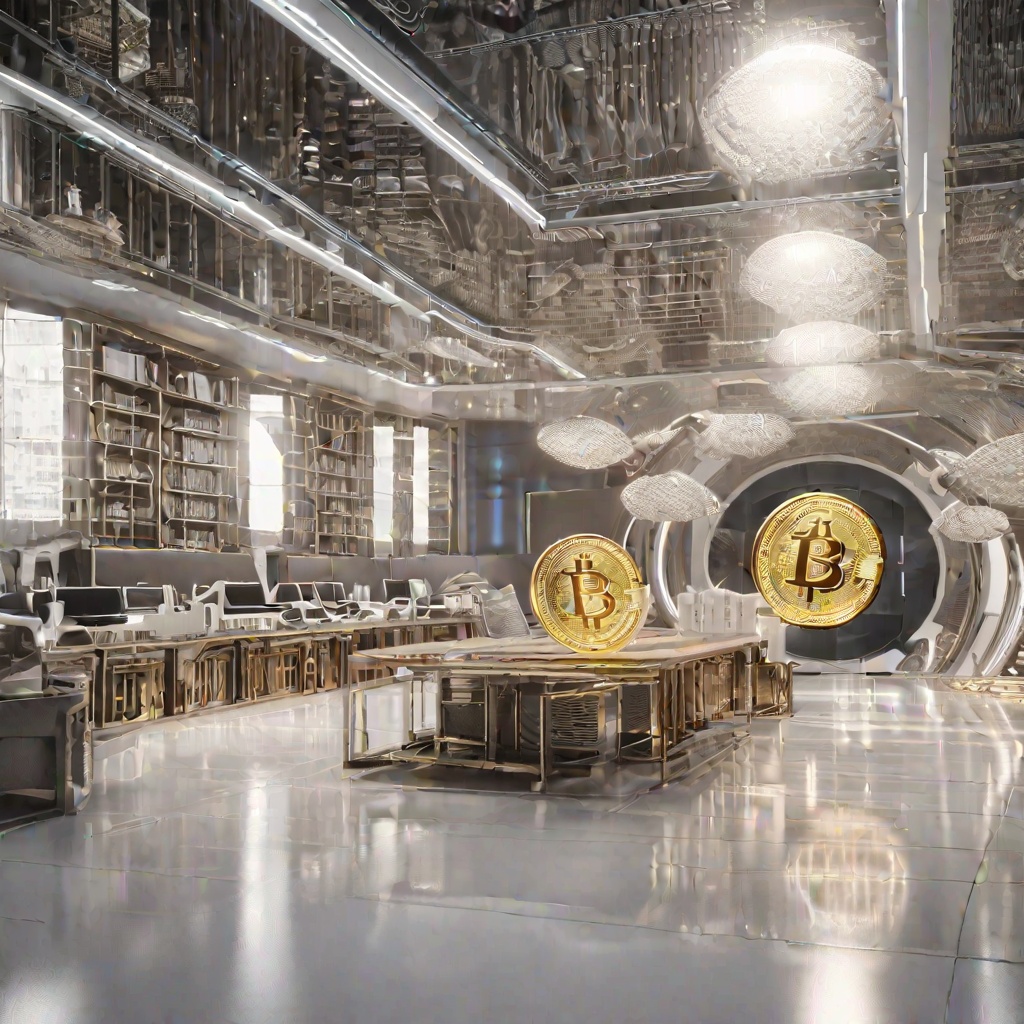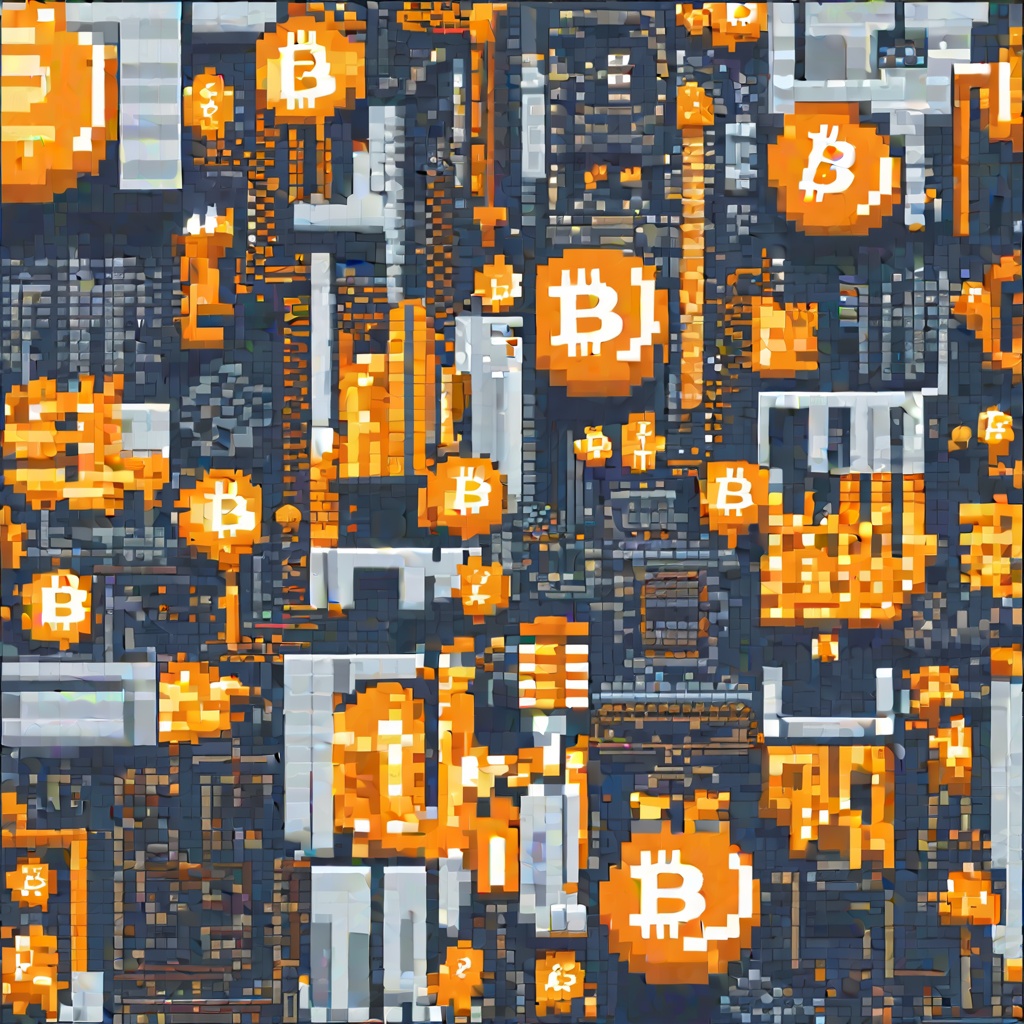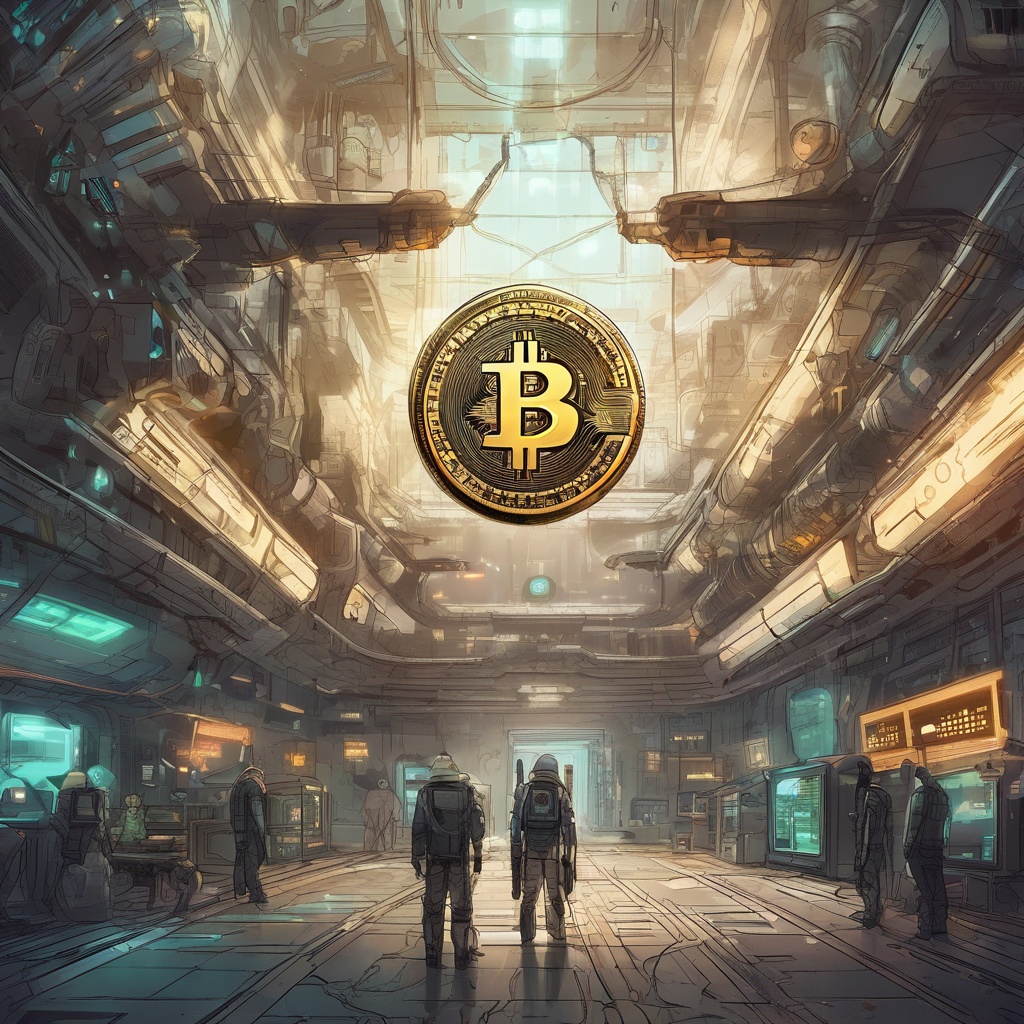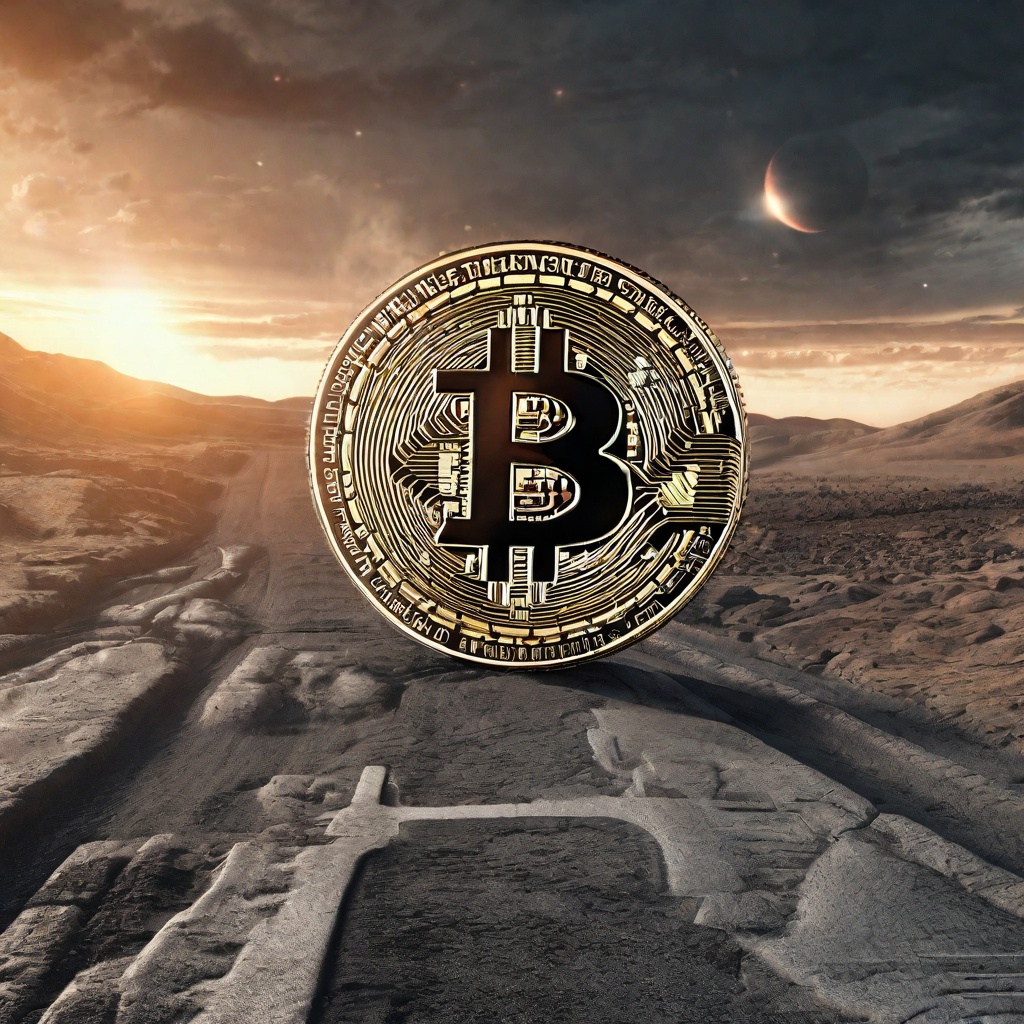What are the risks of staking Tron?
When it comes to staking Tron, there are several risks that investors should be aware of. Firstly, staking Tron involves locking up your coins for a specific period of time, which means you won't be able to access or trade them during that period. This can lead to potential losses if the price of Tron decreases significantly during the staking period. Additionally, staking Tron also involves taking on the risk of smart contract vulnerabilities. Tron's blockchain is based on smart contracts, which are self-executing contracts with the terms of the agreement between buyer and seller being directly written into lines of code. If these smart contracts are hacked or compromised, it could lead to the loss of funds staked on the platform. Furthermore, staking Tron also involves taking on the risk of the platform itself. If the platform you're staking on goes down or becomes unreliable, it could make it difficult to access your funds or even lead to the loss of your coins. Lastly, it's important to note that staking Tron is a relatively new concept and the market is still relatively unregulated. This means that there are still many unknowns and potential risks associated with staking Tron, and investors should proceed with caution. So, in summary, staking Tron involves several risks including the potential for price drops, smart contract vulnerabilities, platform reliability issues, and the overall uncertainty of the market. Investors should carefully consider these risks before deciding to stake Tron.

Can I send TRON to Binance?
Excuse me, I have a question regarding cryptocurrency transactions. I'm interested in sending TRON to my Binance account. Is it possible to do so? I'm a bit new to this and want to make sure I'm following the correct steps. Could you please guide me through the process or let me know if there are any restrictions or requirements I need to be aware of before proceeding? Thank you in advance for your help.

How to stake Tron on Trust wallet?
Hey there, could you please explain to me in simple terms how one would go about staking TRON on the Trust wallet? I've heard it's a good way to earn passive income, but I'm not entirely sure how to get started. Is there a specific process I need to follow, or are there any requirements I should be aware of? I'd really appreciate your help in navigating this process. Thanks in advance!

Can Tron hit a dollar?
In the ever-evolving landscape of cryptocurrencies, Tron has garnered significant attention. Its unique blockchain platform aims to provide scalability and accessibility for decentralized applications. With a dedicated community of developers and supporters, Tron has demonstrated its potential. However, the question remains: Can Tron hit a dollar? Given the volatile nature of the cryptocurrency market, predicting such a milestone is challenging. Nonetheless, Tron's technology, partnerships, and adoption rate are all factors that could potentially contribute to its appreciation. Will Tron be able to capitalize on these opportunities and reach the coveted dollar mark? The answer remains to be seen, but the journey ahead is certainly intriguing.

What is Tron (TRX) in Bitcoin (BTC)?
Could you please elaborate on the conversion and relationship between Tron (TRX) and Bitcoin (BTC)? Specifically, I'm interested in understanding how TRX is valued in comparison to BTC. Are there any direct conversion rates or are the values dependent on market conditions? Additionally, could you provide some insight into how the two cryptocurrencies differ in terms of use cases, technology, and potential future growth? I'm curious to learn more about the dynamics between TRX and BTC in the cryptocurrency market.

